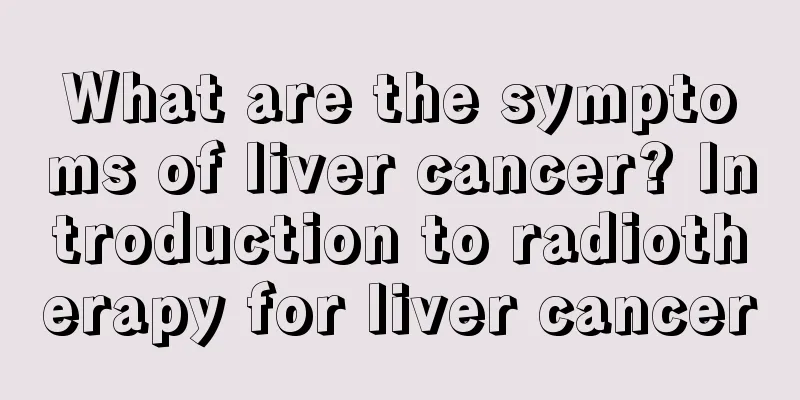What are the manifestations of mental disorders

|
Mental disorders actually include a lot of psychological illnesses, the most common of which is schizophrenia. Once this disease occurs, it is very difficult to get good rehabilitation treatment, and it can only be relieved by some antipsychotic drugs. However, during the course of the illness, it will recur repeatedly, and it is impossible to live a normal life. It can only rely on drugs to maintain the development of the disease. It will also cause a lot of symptoms. These symptoms are generally related to their own consciousness and mental state. Patients will often feel that their emotions fluctuate greatly, their personalities become very irritable, and they may even be unable to communicate normally. If these symptoms occur, it means that the patient's condition has become very serious. Schizophrenia Schizophrenia is a common mental illness with unknown etiology. It is characterized by multiple disorders in perception, thinking, emotion, will and behavior, and is characterized by incoordination of mental activities or detachment from reality. Usually consciousness is clear and intelligence is intact, but some cognitive impairment may occur. During the illness, self-awareness is basically lost (self-awareness refers to the patient's awareness and critical ability of his own mental illness. It is one of the important indicators used by psychiatry to determine whether a patient has a mental disorder, the severity of the mental disorder, and the effectiveness of treatment). In other words, schizophrenic patients deny that they have a mental disorder and refuse treatment. 1) Simple type: The disease occurs during adolescence with a slow onset and is often difficult to detect in the early stages. Symptoms similar to neurasthenia may appear: fatigue, weakness, insomnia, poor academic performance, loneliness, laziness, and emotional indifference. Sometimes it is mistakenly believed that the patient has a dark mind or personality problems. 2) Adolescent type: It often occurs during adolescence, with an acute onset, and is mainly manifested by bizarre and incomprehensible thoughts, moody emotions, childish, stupid, impulsive behavior, and increased sexual desire and appetite. 3) Paranoid type: It often occurs in young or middle-aged people, with a slow onset. The initial symptoms are sensitivity and suspicion, such as feeling that people around are talking about them or rejecting them. Later, they will gradually become convinced of their own ideas and form delusions. Their behavior and emotional activities will also be dominated by hallucinations and delusions. 4) Tension type: It is rare nowadays, mostly occurring in young and middle-aged people, with rapid onset and often characterized by stupor. The patient has inhibited speech and movement, refuses to drink or eat, has muscles tensed and fixed in a certain posture, and has no response to the environment. The patient may even suddenly get up, injure people and destroy things without purpose, and then suddenly lie down again. |
<<: What are the effects of formalin
>>: How to treat psychogenic frequent urination
Recommend
What to eat for lung cancer to moisten the lungs
What can you eat to nourish your lungs if you hav...
Rectal cancer will have symptoms of paroxysmal colic
The symptoms of rectal cancer are often mistaken ...
Is goiter a sign of hyperthyroidism? The difference is here
What we usually call goiter is actually a term fo...
The fastest way to remove refrigerator odor
There is a refrigerator in almost every home. The...
6 things restaurants will never tell you
Finding a good restaurant and having a good meal ...
Various examination methods for osteosarcoma
Examination is very necessary for any disease, an...
What medicine can cure thrush quickly?
Thrush is an oral disease, and the affected popul...
What are the symptoms of early nasopharyngeal tumors
The early symptoms of nasopharyngeal tumors may n...
What food is good for stomach fire?
The appearance of stomach fire is troublesome for...
Is it better to use pressed powder or loose powder for oily skin
If you have oily skin, try to use a cleanser with...
What glasses look good on a square face?
When you see someone wearing glasses, the first t...
How does TCM treat lung cancer? Three major principles of TCM treatment of lung cancer
What are the three major principles of TCM treatm...
What are the effects of walnut shell steamed eggs
The whole walnut is a treasure. In addition to th...
What foods can enhance gastrointestinal motility?
If gastrointestinal motility is slow, no matter h...
What to do if you have hand eczema?
There are many causes of eczema in life, such as ...









